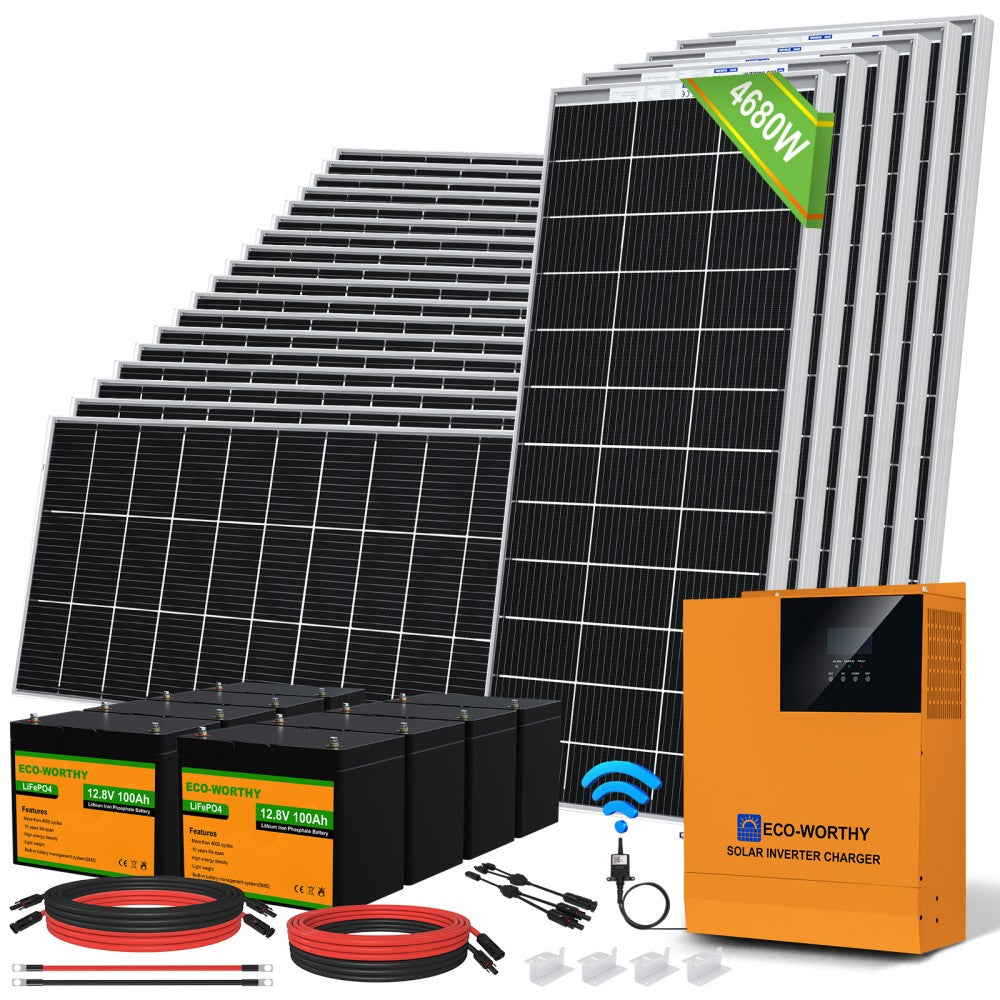In an era where sustainable energy solutions are paramount, the off-grid inverter emerges as a vital component for achieving energy independence. This device allows users to harness renewable energy sources, such as solar or wind, and convert it into usable electricity. But what exactly is an off-grid inverter, and how does it function?

What is an Off-Grid Inverter?
An off-grid inverter is a device that converts direct current (DC) electricity generated by renewable energy systems into alternating current (AC) electricity, which is suitable for household appliances. Unlike grid-tied systems, off-grid setups operate independently of the main electricity grid, making them ideal for remote locations or for those seeking to reduce their reliance on traditional energy sources.
Key Features of Off-Grid Inverters
- Battery Integration: Off-grid inverters are often paired with battery storage systems, allowing users to store excess energy for use during periods of low generation.
- Energy Management: Many modern inverters come equipped with advanced energy management systems that optimise power usage and enhance efficiency.
- Durability: Designed for various environmental conditions, off-grid inverters are built to withstand harsh weather, ensuring longevity and reliability.
Benefits of Using Off-Grid Inverters
Utilising an off-grid inverter offers numerous advantages. Firstly, it promotes energy independence, allowing users to generate their own electricity without relying on external sources. This independence can lead to significant cost savings over time, particularly in areas where electricity prices are high. Furthermore, off-grid systems contribute to environmental sustainability by reducing carbon footprints and promoting the use of renewable energy.
Considerations When Choosing an Off-Grid Inverter
When selecting an off-grid inverter, several factors should be taken into account:
- Power Requirements: Assess your energy needs to determine the appropriate inverter size.
- Battery Compatibility: Ensure the inverter is compatible with your battery system for optimal performance.
- Efficiency Ratings: Look for inverters with high efficiency ratings to maximise energy conversion.
Conclusion: Embracing Energy Independence
In conclusion, the off-grid inverter plays a crucial role in the transition towards sustainable energy solutions. By understanding its functionality and benefits, individuals can make informed decisions about their energy consumption. For those interested in exploring off-grid solar kits, consider visiting  for a range of options tailored to your needs.
for a range of options tailored to your needs.








